News
-
 Astronomy
AstronomyWhat happens in Earth’s atmosphere during an eclipse?
The charged layer of Earth’s atmosphere gets uncharged during an eclipse, and that could have implications for everything from GPS accuracy to earthquake prediction.
-
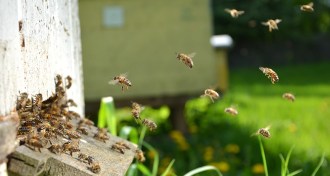 Astronomy
AstronomyWhat do plants and animals do during an eclipse?
A citizen science experiment will gather the biggest dataset to date of animal responses to a total eclipse.
-
 Astronomy
AstronomyWhy is this year’s solar eclipse such a big deal for scientists?
Total eclipses offer scientists a way to see all the way down to the sun’s surface.
-
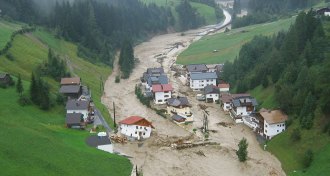 Climate
ClimateClimate change is shifting when Europe’s rivers flood
Data spanning 50 years shows that today, floods come days, weeks, even months earlier in some areas and later in others.
-
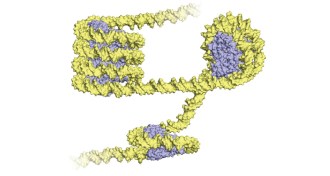 Genetics
GeneticsThe first look at how archaea package their DNA reveals they’re a lot like us
Archaea microbes spool their DNA much like plants and animals do.
-
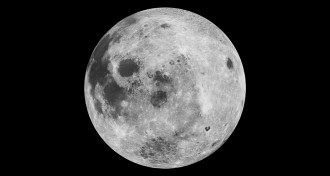 Planetary Science
Planetary ScienceMoon had a magnetic field for at least a billion years longer than thought
The moon’s magnetic field could have lasted until about a billion years ago.
-
 Health & Medicine
Health & MedicineMore U.S. adults are drinking, and more heavily
Heavy drinking and alcohol use disorders have risen in the United States, at a cost to society’s health.
-
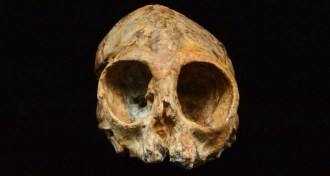 Anthropology
AnthropologyInfant ape’s tiny skull could have a big impact on ape evolution
Fossil comes from a lineage that had ties to the ancestor of modern apes and humans, researchers argue.
By Bruce Bower -
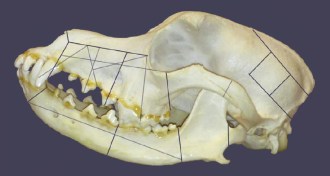 Anthropology
AnthropologySacrificed dog remains feed tales of Bronze Age ‘wolf-men’ warriors
Canine remnants of a possible Bronze Age ceremony inspire debate.
By Bruce Bower -
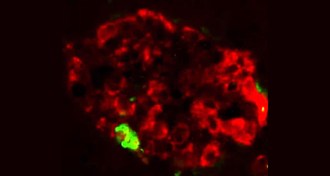 Health & Medicine
Health & MedicineSpread of misfolded proteins could trigger type 2 diabetes
Experiments in mice raise the question of whether type 2 diabetes might be transmissible.
-
 Particle Physics
Particle PhysicsNeutrinos seen scattering off an atom’s nucleus for the first time
New type of interaction confirms that neutrinos play by the rules.
-
 Astronomy
AstronomyThe solar system’s earliest asteroids may have all been massive
A team of astronomers says the original asteroids all came in one size: extra large.